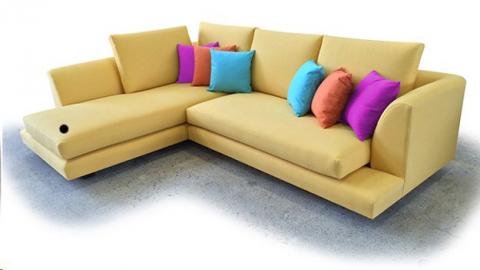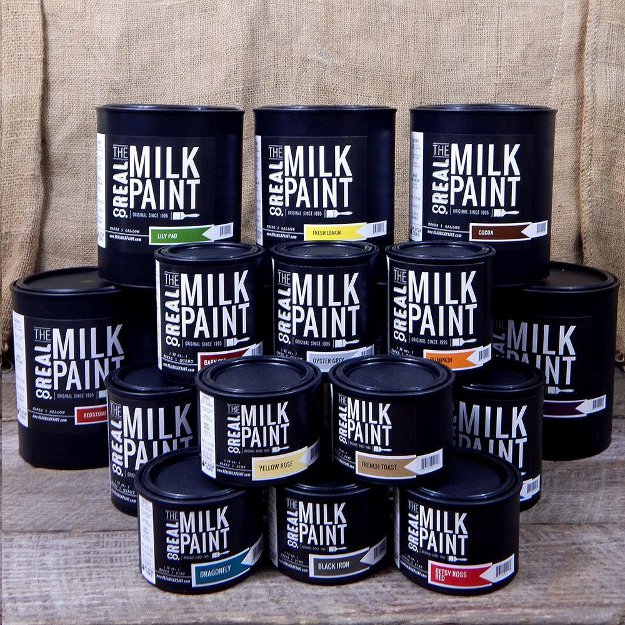Conscious Consumerism: Trending Organic and Hypoallergenic Designs

The 21st century design industry has become saturated with organic materials and hypoallergenic textiles moving business away from strictly aesthetic elementals. Due to the rise and demand by conscious consumers, a new wave of artists focused on innovative, practical and health conscious living have permeated the trade world with certified organic textiles being at the forefront.
Per the ever-changing political landscape, many of these new designs and products are also created in the U.S., supporting the American Trade Industry and further satisfying the new kind of consumer.
According to case studies conducted by economic research campaigns like Blue Corona, organic office furniture Web searches have increased by over 8,000 percent. With companies such as Urban Green and Ekla Home gaining popularity with consumers worldwide, and shaping the evolution of the organic furniture movement in both the home and workplace, organic sofas have become big business. From sectionals to chairs, many of these products are sustainably made with certified organic fabrics heightening the definition of quality furniture.
The organic trend is no longer a stranger to the artisanal industry either, with organic cotton canvas mediums making their way into mainstream art and craft stores. Supporting organic agriculture and following in suit of the newest craze, certified organic paint has now increased in popularity in fine arts, homes and businesses. Created for various surfaces such as canvas, dry wall and furniture, companies such as Real Milk Paint have gained notoriety with their line of all organic paints, finishing oils, creams and waxes, reforming the artisanal community.
Also successfully wooing high-end consumers and even flooding the conventional marketplace are hypoallergenic and non-allergenic products, which have significantly increased in production. According to the American College of Allergy, Asthma & Immunology, the number of people who suffer from allergies has risen to 50 million people, with one in five affected by allergies. With millions of people increasingly suffering from allergies, allergists suggest consumers switch to hypoallergenic products as a course of treatment. With a projected growth affecting all facets of the art and design industry, many more products are in the works making hypoallergenic business a competitive industry.

Hypoallergenic bedding has steadily increased in popularity over the past two decades. However, designers such as Elice Marie are pioneering the hypoallergenic decorative industry. As a coveted home status symbol, her decorative home accents have been celebrated in the designer pillow industry as all of her designs are hypoallergenic, sustainably made and exclusively created with U.S. derived fabrics and materials.
Decorative hypoallergenic products have been booming in all areas of home décor, including the blind and curtain industry with companies like Rawganique finding their way into large-scale department stores.
With the aim to reduce indoor air pollution, non-allergenic home and business construction is also on the rise. Developers like Sun Garden Houses specialize in significantly reducing indoor air pollution beginning with clean wall-siding alongside a closely monitored installation process, and the results are homes and offices free of toxicity and common allergens. Urban developers are creating similar luxury high-rise buildings in Los Angeles and New York City, attracting the elite and a wide range of foreign investors.
With so many allergen-free and organic products elevated to the ‘must have’ status for the modern consumer, we can fully expect these unique designs to continue to redefine the home décor and artisan industry at a national level, offering health-conscious and pragmatic solutions to consumers seeking clean, health-conscious living. In both the office and home environment, the status quo of design and trade textiles have being successfully challenged, accommodating this perspicuous shift in consumerism.
Author Bio:
Elice Baxter is a contributing writer at Highbrow Magazine.
For Highbrow Magazine































































































































































































































































































































